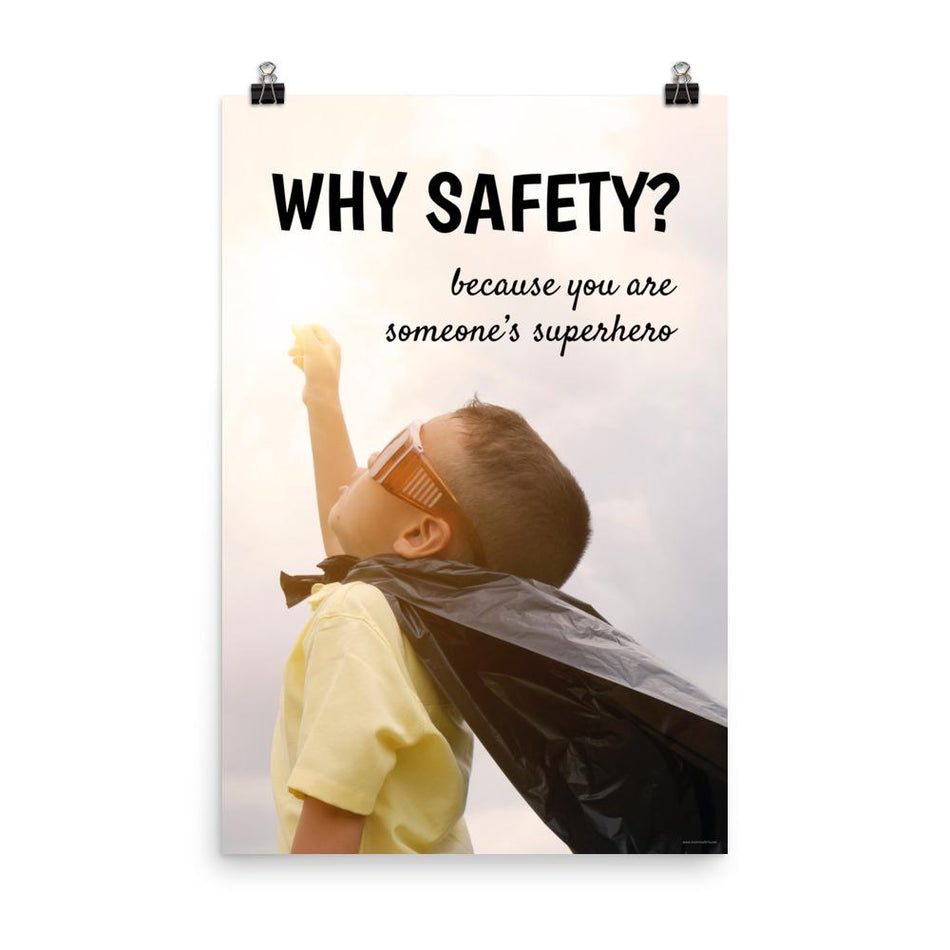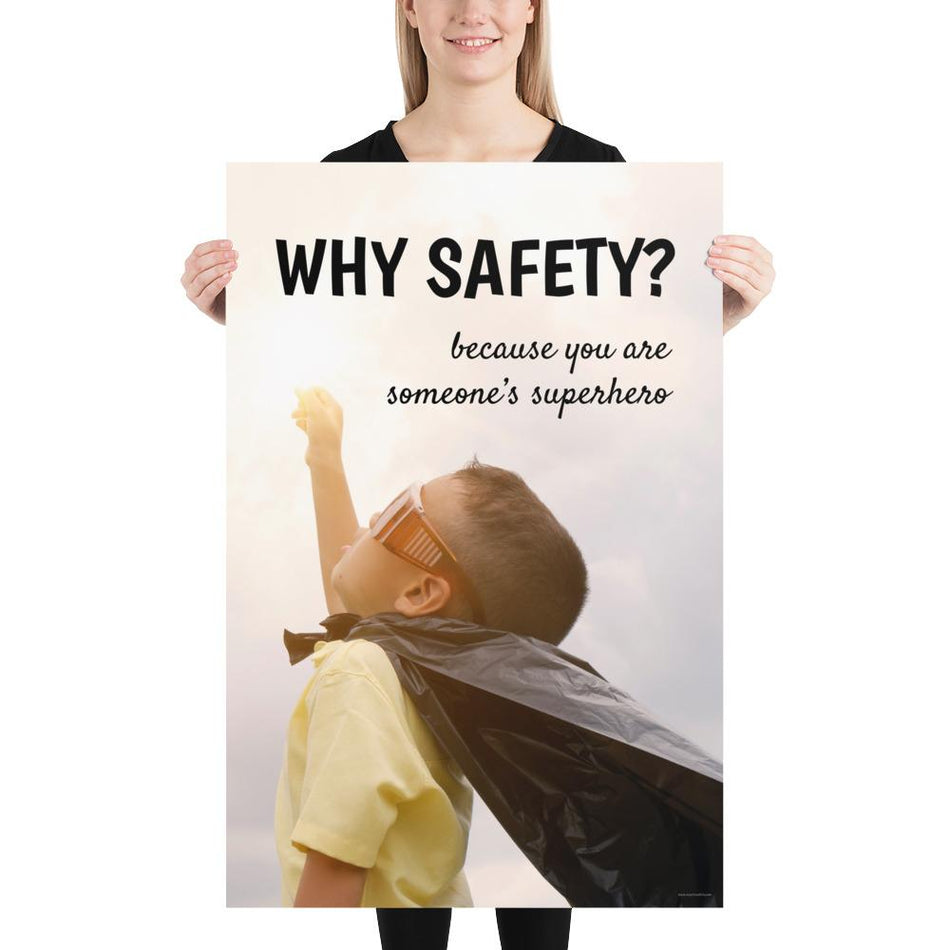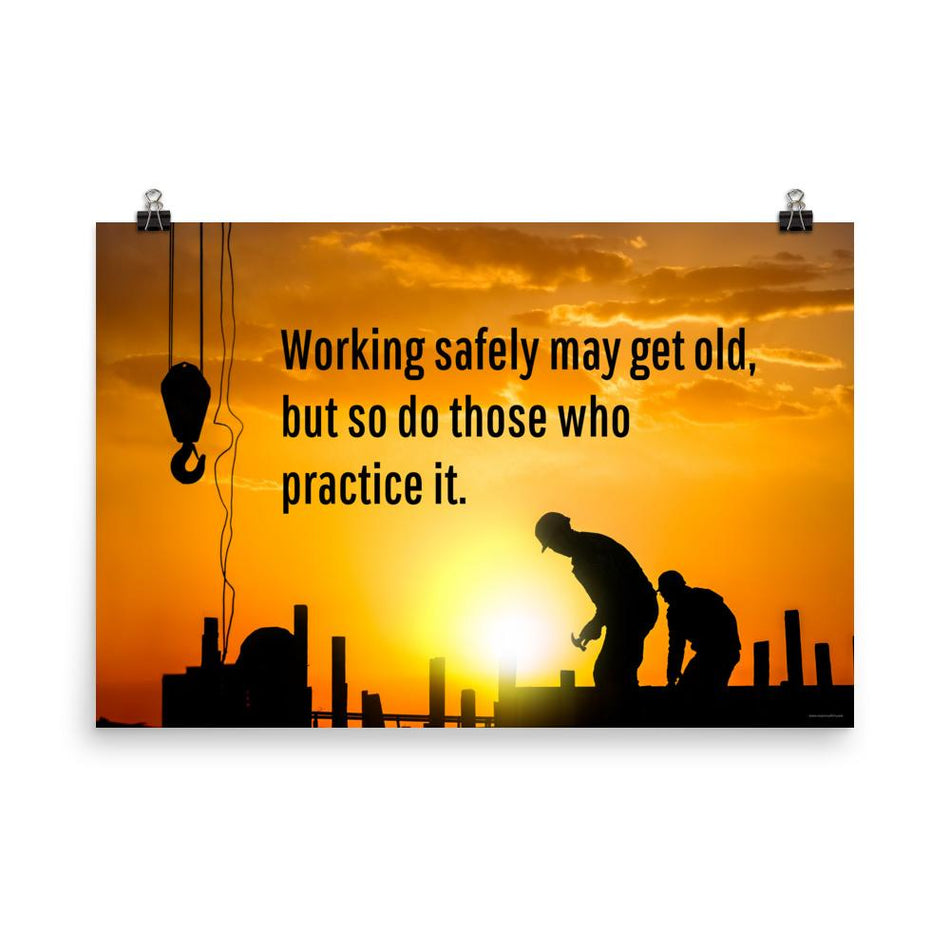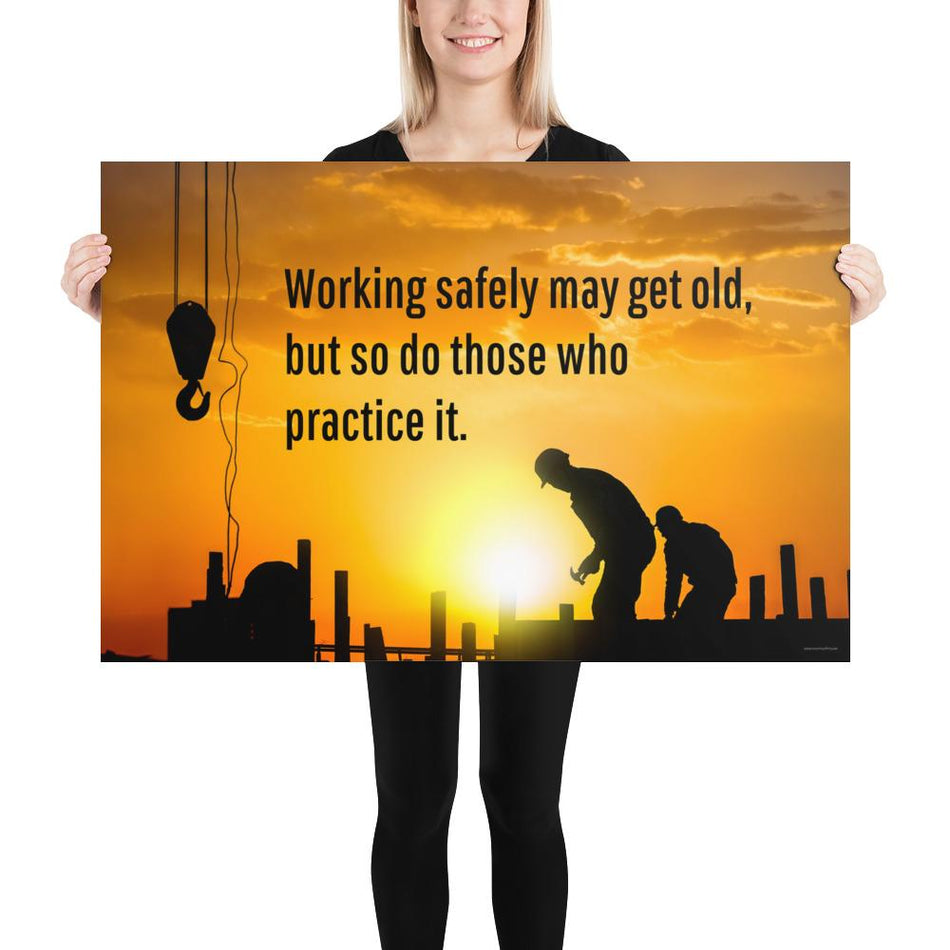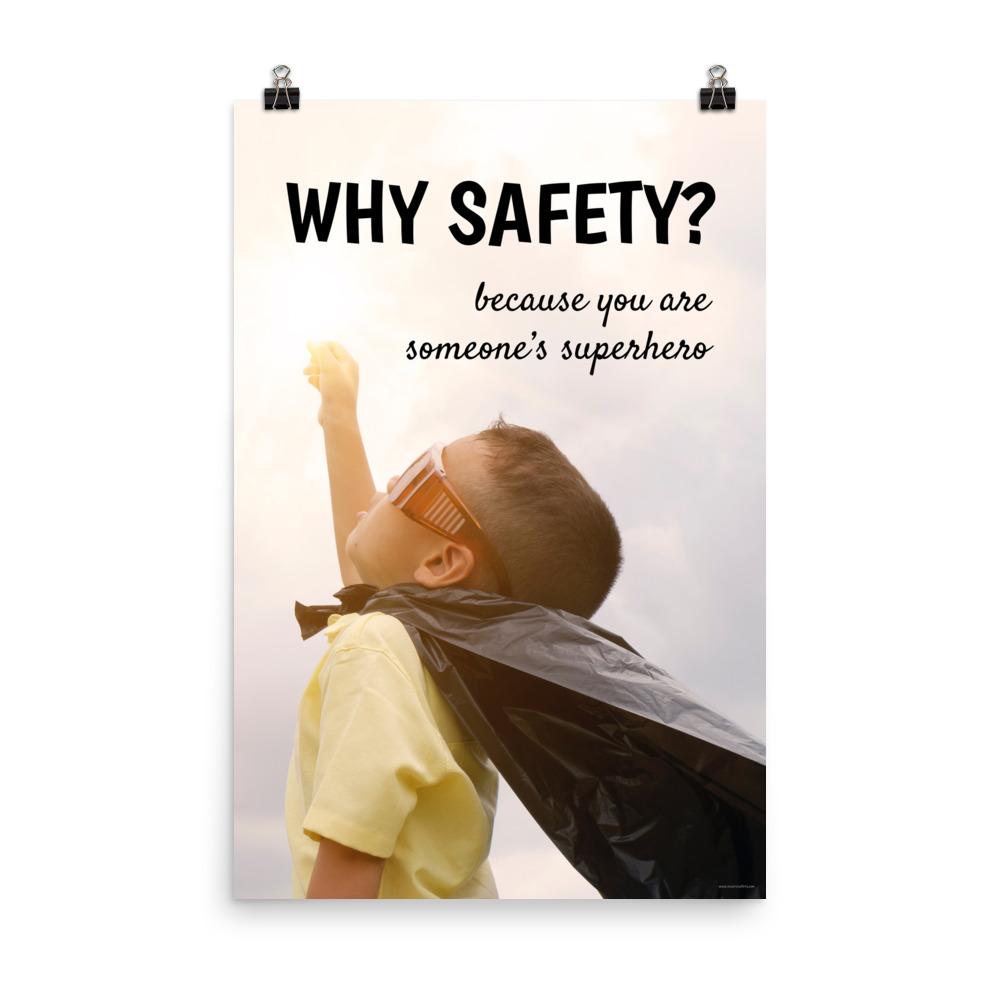Hiring young temp workers during the summer is a fantastic way to provide them with work experience and a paycheck while adding valuable team members during peak production and service seasons.
Summer temp jobs can be mutually beneficial for young workers and employers, but it's crucial to understand the associated rights and responsibilities.
Employers must treat temporary workers as they do permanent workers, especially regarding adequate training. Both temporary staffing agencies and host employers share control over the employee and are jointly responsible for the temp employee's safety and health. However, many staffing agencies rely on the host employer to provide all necessary safety and health training. Never assume that a worker has received the required safety training to perform the job safely.
Young workers include teenagers, newcomers to the workforce, college students, and anyone up to the age of 24. While these workers can be valuable assets, it's essential to recognize that this might be their first job or the first time they are using specific equipment. Employers should remember that young workers might lack familiarity with key workplace concepts and processes that are often considered common knowledge.
Employers are responsible for providing a safe and healthy work environment, which includes young workers. First-line supervisors play a crucial role in protecting young workers and shaping their work habits. It’s important to involve young workers in all safety meetings from their first day on the job. Owners and managers should equip supervisors with the guidance, resources, tools, and time needed to properly train young staff to work safely.
Young workers can face various risks on the job, including:
- Unsafe equipment
- Inadequate safety training
- Insufficient supervision
- Dangerous or illegal work for those under 18
- Pressure to work quickly
- Stressful conditions
- Job-specific workplace hazards
To ensure the safety of young workers, employers should:
- Comply with Labor Laws: Understand and follow relevant federal and state child labor laws, which may restrict working hours and prohibit dangerous or hazardous tasks for youth.
- Maintain a Safe Workplace: Provide a workplace free from serious recognized hazards and adhere to all OSHA safety and health standards, including identifying and correcting safety hazards.
- Provide Comprehensive Training: Ensure young workers are trained to recognize hazards and competent in safe work practices. Training should be in a language and vocabulary they understand and should cover fire prevention, accident prevention, handling violent situations, and what to do if injured.
- Implement Mentoring: Establish a mentoring or buddy system for new young workers. Assign an adult or experienced young worker to answer questions and help the new worker acclimate.
- Encourage Questions: Urge young workers to ask questions about unclear tasks or procedures and inform them of whom to ask.
- Consider Communication Differences: Remember that young workers are not just "little adults." Be mindful of the unique aspects of communicating with them.
- Ensure Equipment Safety: Make sure that equipment operated by young workers is legal and safe for their use. Clearly label equipment that young workers are not permitted to operate.
- Provide PPE: Supply the required personal protective equipment (PPE) and cover the cost for most types of PPE.
- Injury Reporting: Instruct young workers on what to do if they get hurt on the job and follow OSHA rules for recording or reporting workplace injuries.
Ultimately, a proactive approach to young worker safety benefits the entire organization. By prioritizing their health and safety, employers not only comply with legal requirements but also cultivate a more productive, engaged, and loyal workforce. This commitment to safety can lead to a reduction in workplace incidents, fostering a positive work environment that supports the growth and development of all employees. In doing so, employers can truly maximize the potential of their young workforce while ensuring a safe and fulfilling work experience for these future professionals.




